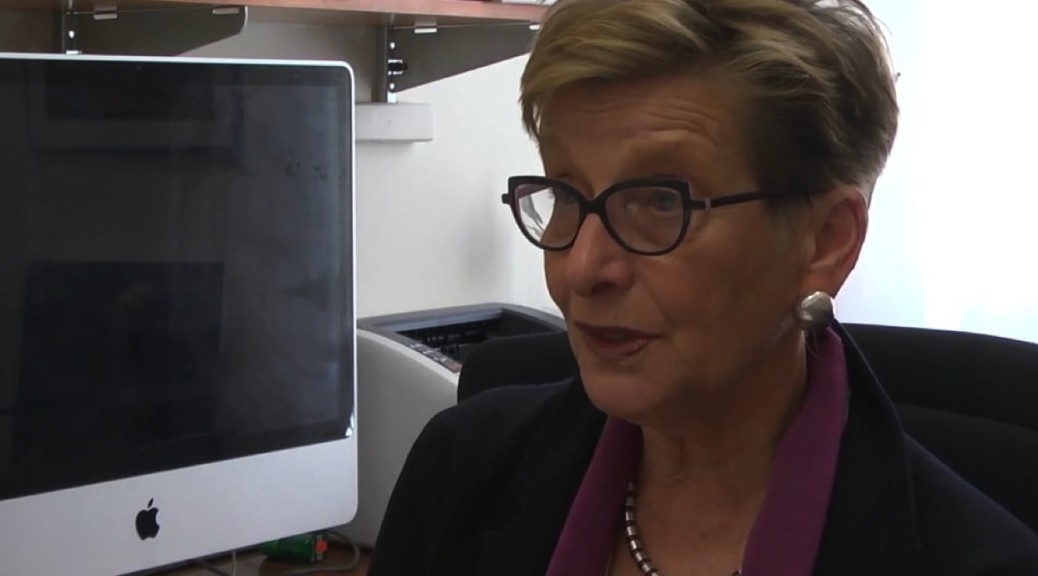MARIANNE HIRSCH
Professor of English and Comparative Literature
IRWGS Core Faculty
Director of IRWGS, 2007-08, 2015
When we thought about what is the next stage for the study of gender and the study of gender and sexuality, it was really what we were already doing, which is to study it intersectionally with other aspects of social difference, whether they be race or class or sexuality or economics. Also collaborations with other programs, so we approached some of our cognate centers and institutes, IRAAS [Institute for Research in African American Studies], the African American studies, CSER [Center for the Study of Ethnicity and Race], [Institute for] Comparative Literature and Society and then the Barnard Center for Research on Women. We said, “What if we formed this research center, would you want to participate with us?” They all said yes.
They’re not all of them as active as some of the others, and IRWGS is still the most active. We thought: well, we’re doing all the curricular stuff but what about studying new things and collaborating more around scholarship? So we approached the president of Columbia and he gave us some seed money to form this center.
The fact that we really wanted to have a more collaborative space I think was also attractive. I’ve devoted a lot of my energy to building that. It was always going to be for faculty, but also for graduate students. It was not going to be another programming unit that would just put on events because there’s so much of that here. They’re all great, but we can’t possibly split ourselves into little molecules to go to them all. It’s really going to be a more in depth, long range collaboration and working together in working groups.
I’ve been involved in two of them. One is Engendering Archives and the other one is on Women Mobilizing Memory, which is the more global one. Engendering Archives, which is one of the three first, is actually still going. It was initially a large mailing list of about forty people, with funding for three years, but it’s actually still meeting two or three times a semester and people have been reading each other’s books or presenting papers with a respondent—very, very in depth, fabulous discussions of people’s work. I think when you’re in a big university where a lot is going on, the trick is to find a space in which you can build a community and try to accomplish something that you really believe in. CSSD has been that kind of space for me, as well as the cultural memory seminar and then IRWGS in a larger way.

